The Guppy Project to Help Stop Zika
Updated on 05/26/24
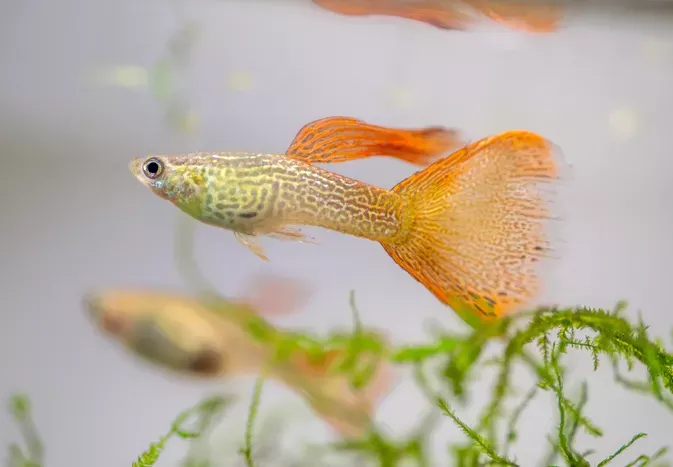
Headline: Join the Guppy Project: Eradicate Zika with Every Flush
Introduction:
The relentless Zika virus poses a significant threat to global health, particularly for pregnant women and their developing babies. With no effective cure or vaccine available, the fight against this mosquito-borne disease requires innovative and multifaceted approaches. Enter The Guppy Project, a groundbreaking initiative harnessing the power of nature to combat Zika and safeguard our communities.
The Guppy Project: Empowering Nature's Guardians
The Guppy Project is a collaborative effort between scientists, health organizations, and community members, focused on utilizing guppies as biological control agents against Zika-carrying mosquitoes. Guppies, small and prolific fish, have an insatiable appetite for mosquito larvae, effectively reducing their population and breaking the transmission cycle of the virus.
How It Works: Harnessing the Guppy's Unique Abilities
Guppies are uniquely suited for this task due to their:
* Voracious Larval Consumers: Guppies consume mosquito larvae with unparalleled efficiency, decimating their numbers and interrupting the mosquito life cycle.
* Prolific Reproduction: Guppies reproduce rapidly, establishing vibrant populations that can sustain their predatory effects over time.
* Adaptability to Diverse Environments: Guppies thrive in various water bodies, from natural ponds to artificial containers, enabling their deployment in a wide range of settings.
Benefits of The Guppy Project:
The Guppy Project offers a multitude of benefits:
* Cost-Effective: Compared to traditional mosquito control methods, guppies are a sustainable and environmentally friendly solution, reducing the need for costly chemical treatments.
* Natural and Non-Toxic: Guppies pose no harm to humans, pets, or other wildlife, making them a safe and responsible choice for mosquito control.
* Community-Driven: The project actively engages community members, fostering a sense of ownership and empowering them to combat Zika in their own neighborhoods.
Examples of Success:
The Guppy Project has demonstrated remarkable success in reducing Zika transmission:
* Brazil: In Rio de Janeiro, The Guppy Project reduced mosquito populations by over 80%, significantly curtailing the incidence of Zika cases.
* Colombia: Guppies deployed in water containers in Medellín led to a 95% reduction in mosquito larvae, effectively curbing Zika's spread.
* Mexico: In Chiapas, the project achieved a 70% decline in mosquito abundance, safeguarding communities from Zika outbreaks.
How You Can Join The Guppy Project:
Participating in The Guppy Project is effortless and impactful:
* Donate Guppies: If you own guppies, consider donating them to local water bodies or community-led release programs.
* Create Guppy Habitats: Provide standing water in containers or small ponds in your yard or garden, giving guppies a place to thrive.
* Spread the Word: Educate your community about The Guppy Project, encouraging others to join the fight against Zika.
Conclusion:
The Guppy Project represents a transformative approach to mosquito control, harnessing nature's power to safeguard our communities from Zika. By embracing this innovative solution, we can collectively contribute to the eradication of this debilitating disease. Join The Guppy Project today and become part of the movement empowering nature to protect our health and well-being. Together, we can flush out Zika and create a future where families and communities thrive without the threat of this devastating virus.
Explore More Pets
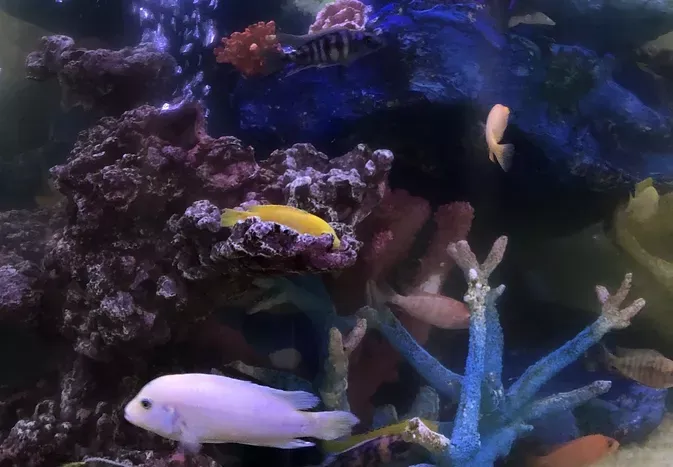
Freshwater Aquarium Filters
How to Deal With Cloudy Aquarium Water
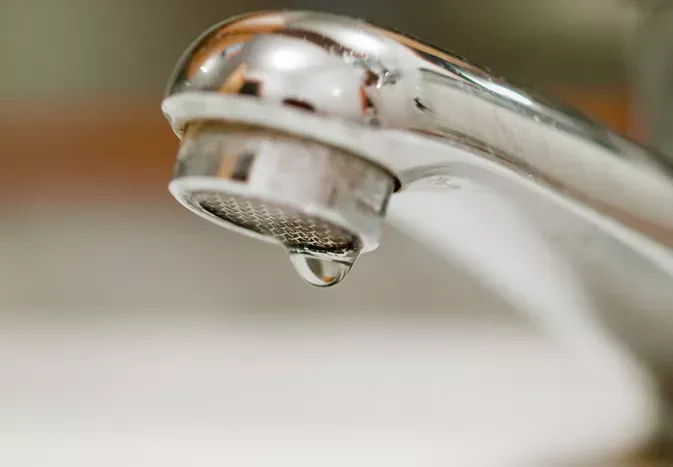
Saltwater Aquarium Filters
How Do You Remove Chloramines From Tap Water?
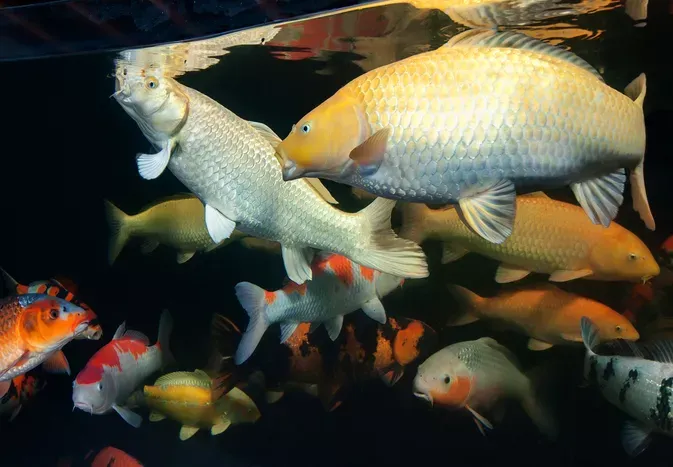
Freshwater Aquariums & Habitat
Can I Keep My Koi Fish Inside?
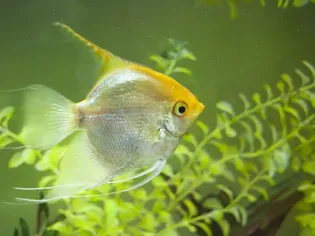
Saltwater Aquariums & Habitat
14 Best Floating Plants for Your Aquarium
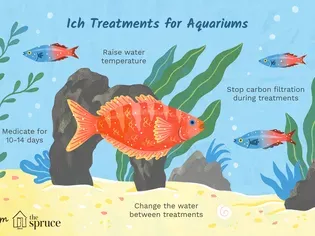
Freshwater Fish Health
How to Treat Ich on Freshwater Fish
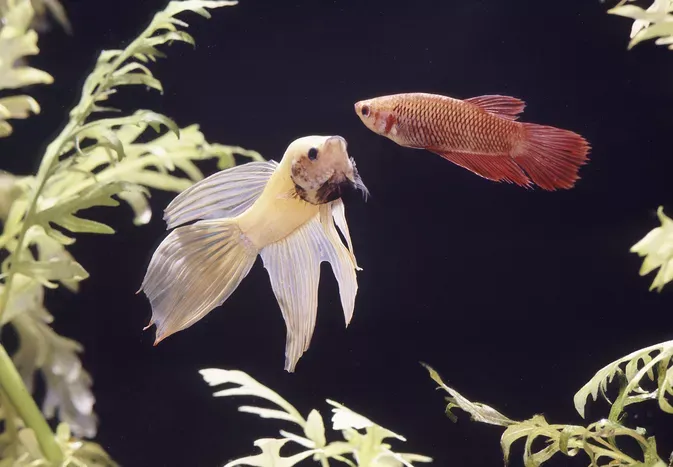
Saltwater Fish Health
Fin Rot in Aquarium Fish
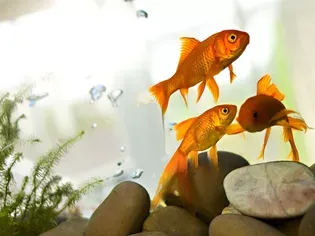
Freshwater Aquarium Filters
How to Do Aquarium Water Changes
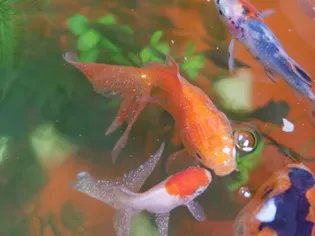
Saltwater Fish Health
How Do Fish Get Parasites?
